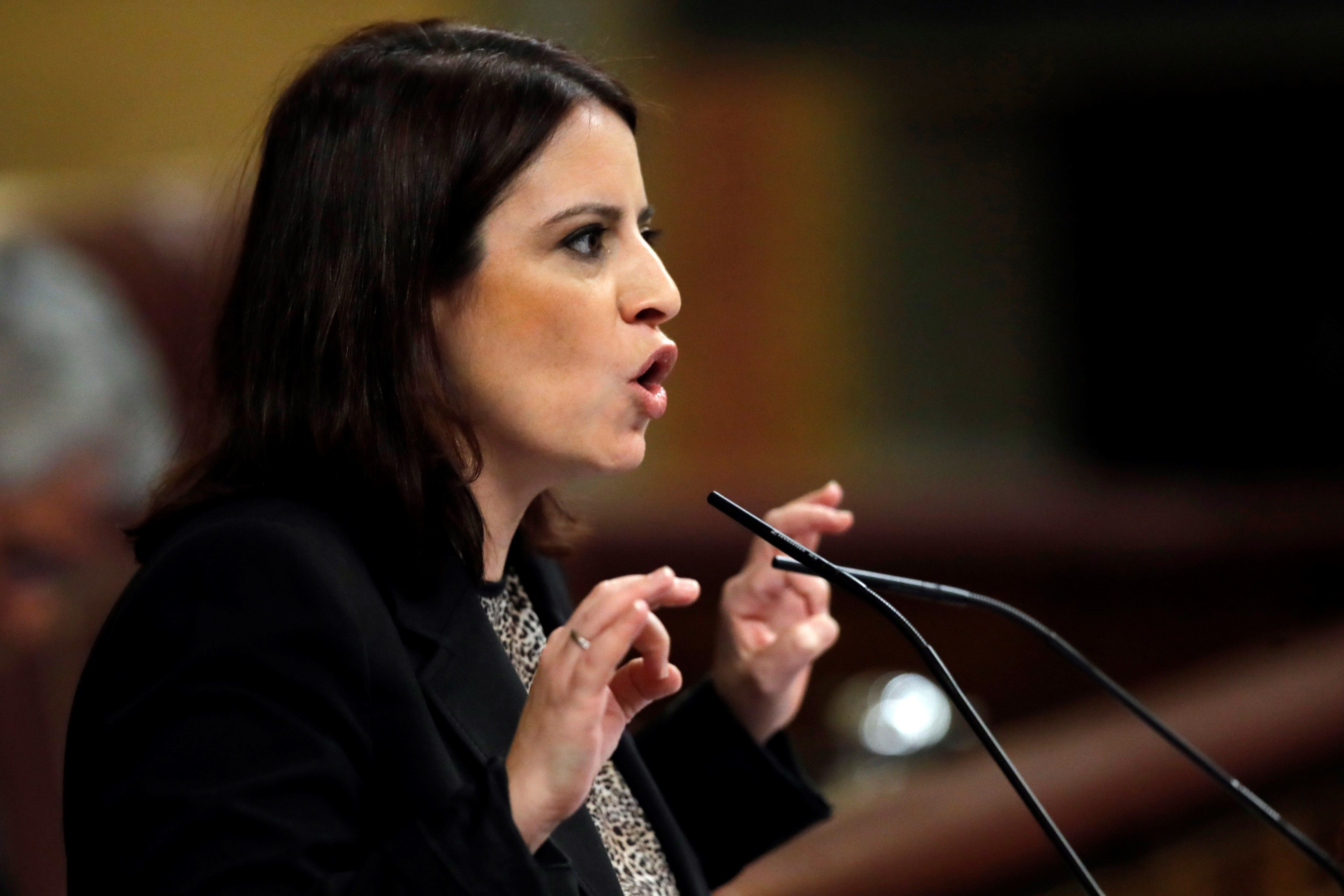The script is developing as was expected. The Spanish Socialist party (PSOE) is a cornerstone for enabling the creation of a commission of inquiry in the Spanish parliament to look into the alleged illegal activities of Spain's king emeritus Juan Carlos I, which has been petitioned by Catalan Republican Left (ERC) and Valencian left wing party Compromís and has even received the approval of the Unidas Podemos group. But the Socialists, consistent with their past, are closing the door on it. They hide behind the inviolability of the monarch recognised by the Constitution and the jurisprudence of the Spanish Constitutional Court when the Catalan Parliament tried to do so. Without PSOE’s votes at the lower house board, the initiative will fail again.
In an informative breakfast in Pamplona, socialist spokesperson in the Spanish parliament Adriana Lastra claimed to be "surprised" that some parliamentary groups "raise again the idea of a commission of inquiry when they know that it is not constitutionally allowed". Lastra also recalled that "the Catalan Parliament already tried to do so and it was Spain’s Constitutional Court who knocked down that commission of inquiry in a ruling. Lastra recalled that the inviolability of the King is protected by Article 56.3 of the Spanish Constitution: "It is simply a matter of reading the Constitution and knowing that the King is inviolable".
At that time, now a year and a half ago, PSOE totally opposed the commission. In September 2018, with a conservative majority, the Spanish parliament board rejected a petition for a commission of inquiry into the monarchy. It was not even debated in the plenary session. It was overturned by the Popular Party (PP), PSOE and Ciudadanos, who reached an agreement to block it. The socialist votes were not even necessary. Only Unidos Podemos, one of the promoters of the commission, voted in favour.
PP, "the far-right's porter"
On the other hand, the socialist spokesperson made a fierce defence of the dialogue table, and criticised PP for its attitude, which she described as "the far-right's porter". Adriana Lastra has assured that "law is important" but that "it must not be an alibi to prevent politics". She also warned about the "enemies" of the dialogue table, referring to President Carles Puigdemont: "They were sitting at the table on Wednesday and criticising it at the weekend", she said. "There is a part of the Catalan independence movement that prefers to live in confrontation, just as there is a part of the Spanish right wing that prefers to live in confrontation", she concluded.

